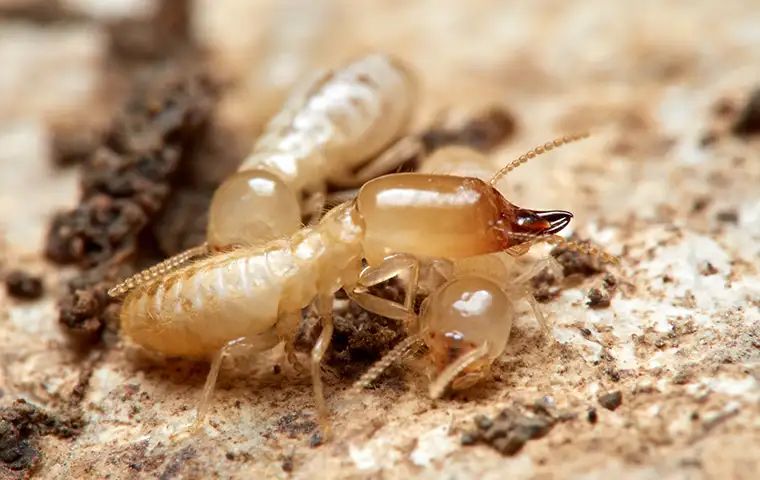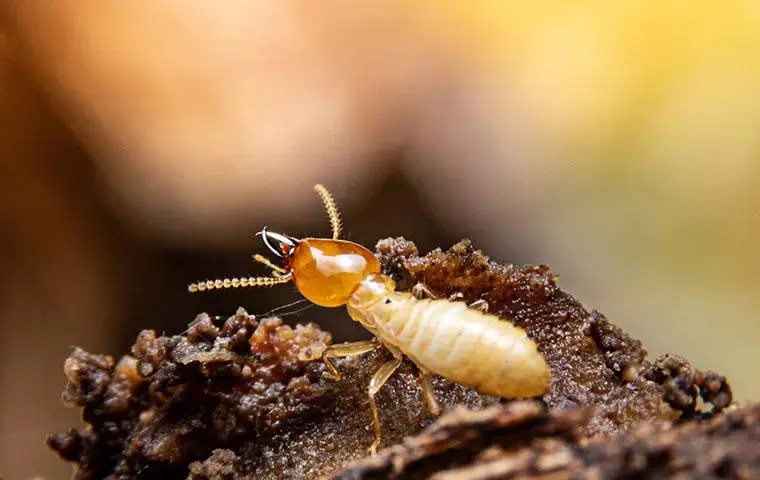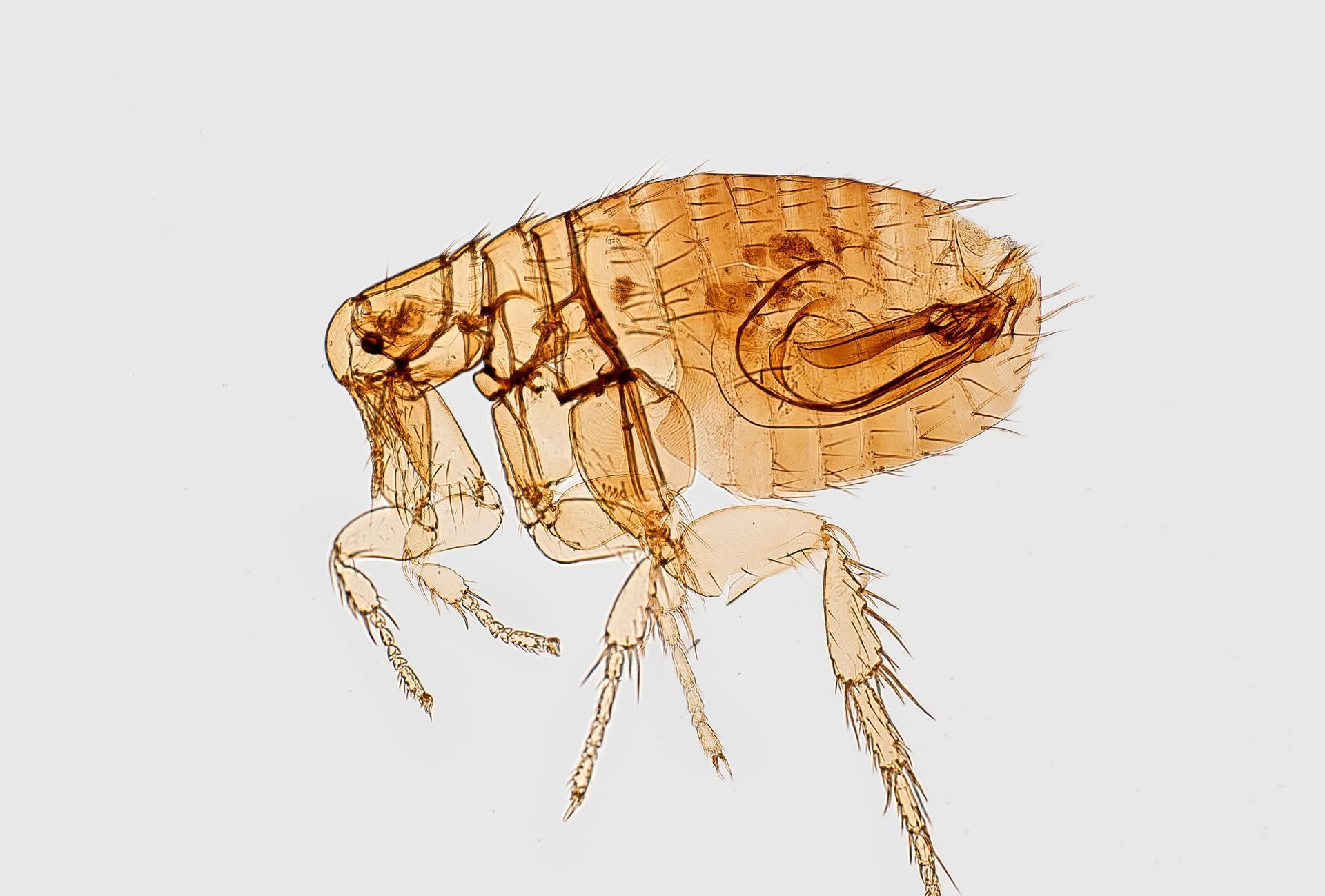MOSQUITOES
The Battle Against Mosquitoes: Strategies and Innovations in Mosquito Control
Introduction
Mosquitoes, tiny yet formidable creatures, have long been a nuisance and a health threat to humans around the world. As vectors for diseases such as malaria, dengue fever, Zika virus, and West Nile virus, mosquitoes pose a significant public health challenge. Effective mosquito control is crucial not only for reducing the annoyance caused by their bites but also for preventing the spread of potentially life-threatening diseases. In this article, we will explore various strategies and innovations in mosquito control that aim to curb their population and mitigate the associated health risks.
Traditional Methods:
a. Insecticides: The use of insecticides, such as pyrethroids and organophosphates, has been a longstanding method for mosquito control. These chemicals are applied through sprays, fogging, or treated bed nets to kill adult mosquitoes and larvae.
b. Source Reduction: Eliminating or treating mosquito breeding sites is a fundamental approach to mosquito control. This involves removing stagnant water where mosquitoes lay their eggs, such as in old tires, flowerpots, and clogged gutters.
Biological Control:
a. Predatory Fish: Introducing larvivorous fish, such as Gambusia affinis (mosquito fish), into water bodies can be an effective biological control method. These fish feed on mosquito larvae, reducing their numbers in aquatic habitats.
b. Bacterial Larvicides: Bacillus thuringiensis israelensis (BTI) and Bacillus sphaericus are naturally occurring bacteria that produce toxins lethal to mosquito larvae. These larvicides are environmentally friendly and target specific mosquito species.
Innovative Technologies:
a. Genetic Modification: Genetic modification of mosquitoes, such as the release of sterile males or those carrying genes that hinder their ability to transmit diseases, has shown promise. The "gene drive" technology aims to spread these modified genes through mosquito populations, reducing their overall ability to reproduce and transmit diseases.
b. Insecticide-Treated Clothing: Impregnating clothing with insecticides like permethrin provides a personal protective barrier against mosquito bites. This approach is particularly useful in areas where mosquito-borne diseases are prevalent.
Community Engagement:
a. Education and Awareness: Empowering communities with knowledge about mosquito-borne diseases and effective prevention measures is crucial. Understanding the importance of proper waste disposal, using bed nets, and applying repellents can significantly contribute to mosquito control efforts.
b. Community-Based Surveillance: Involving local communities in monitoring and reporting mosquito breeding sites fosters a collaborative approach to mosquito control. This engagement empowers communities to take ownership of their health and well-being.
Challenges and Future Directions:
a. Insecticide Resistance: Mosquitoes can develop resistance to commonly used insecticides over time, necessitating the development of new formulations and strategies.
b. Global Collaboration: Mosquito-borne diseases are a global concern that requires international collaboration. Sharing knowledge, resources, and technologies can enhance the effectiveness of mosquito control efforts on a global scale.
c. Climate Change Impact: Changes in climate patterns can affect the distribution and behavior of mosquitoes, influencing the spread of diseases. Adapting mosquito control strategies to these changing conditions is vital.
Conclusion
Mosquito control is a multifaceted challenge that demands a combination of traditional methods, innovative technologies, and community involvement. As we continue to face emerging threats from mosquito-borne diseases, ongoing research and collaboration are essential to stay ahead of evolving challenges. By employing a holistic and integrated approach, we can mitigate the impact of mosquitoes on public health and create a safer and healthier environment for communities worldwide.











Share On: